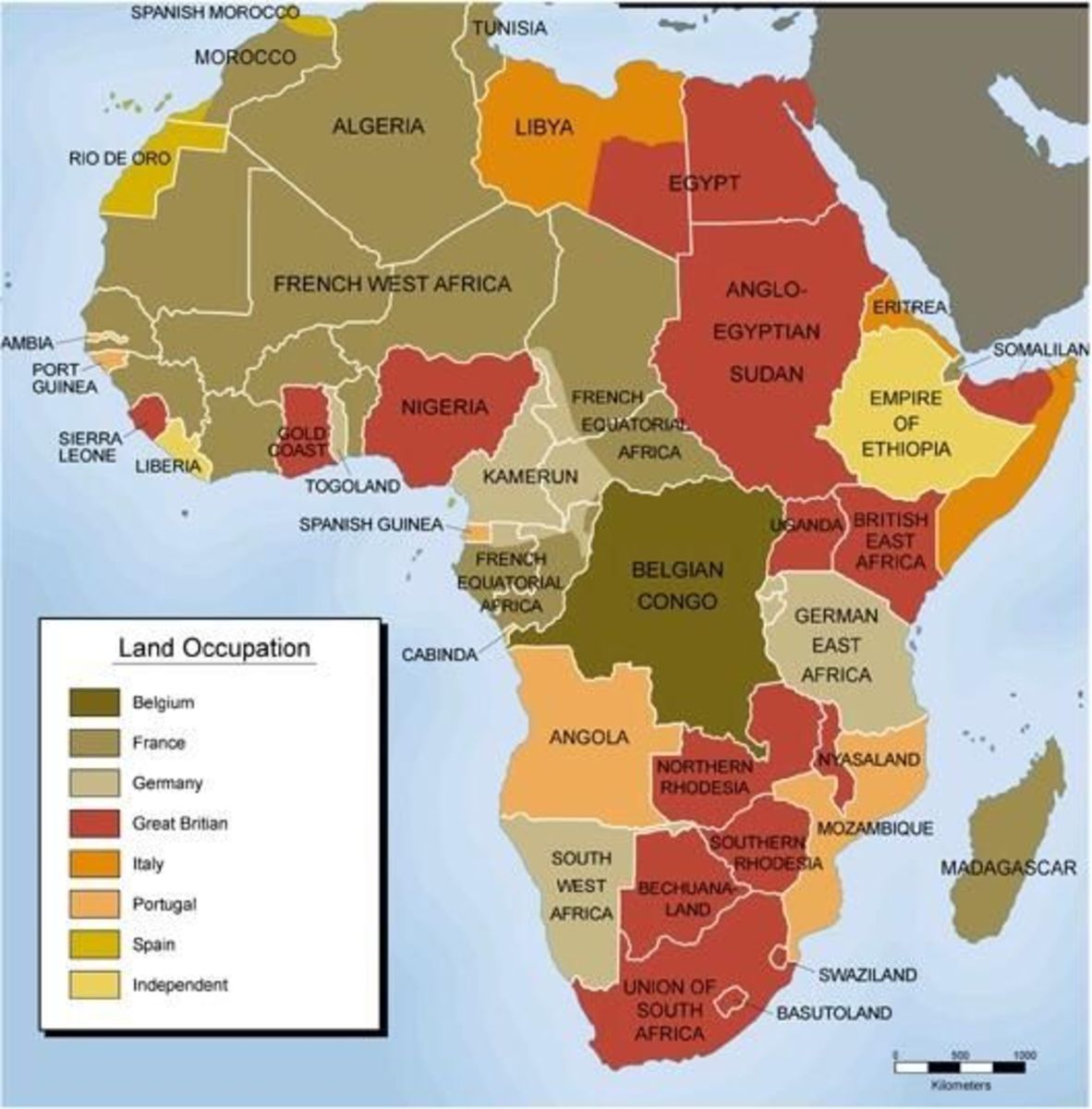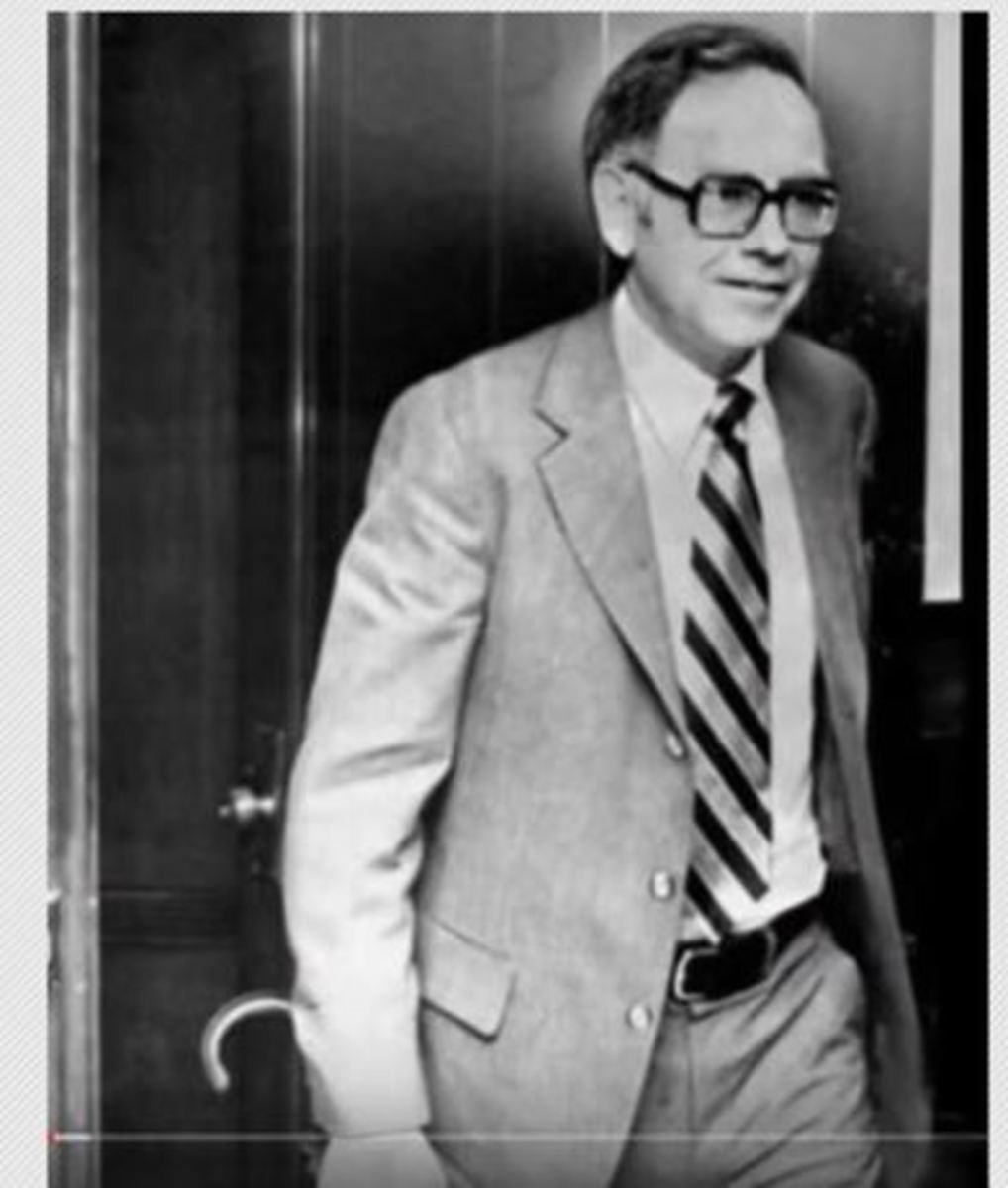Africa's Top 40 Richest Men List- How did Forbes get the list?

Forbes just released its inaugural list of Africa’s richest men. The list of 40 Africa’s richest men interested me because we had two of them from Kenya. One is a famous Politician (Mr. Uhuru Kenyatta) and the other is a quiet businessman (Mr. Chris Kirubi). I shared the link on my face book wall and most of my face book friends were surprised that the names of some certain personalities were not on the list. What criteria did they use to judge how wealthy someone is? It’s a question that has crossed the minds of many people very many times. Before anything else, lets get a short history of the Forbes 400 list. Here are some quick historical facts on the now famous Forbes list
Forbes List timeline
1982- The Forbes list
begins with only 100 million dollars. That’s right, with a net worth of a hundred million dollars, you would appear on
the top ten list- if you had it in 82 of
course.
1987- There were a total of 140 billionaires
on planet earth
2005- People were either getting richer or the currency was quickly deprecating. 10 million dollars would not do for you in 2005. You needed at least 900 million dollars to appear on Forbes list
2006- 47% of the richest men in the world lived in America. This was followed by Europe which had a 26% stake of the men/women making it to the Forbes list. Middle East and Africa together shared 7%. Latin America also had 7% and the remaining percentage went to India.
400- This is the number of the men and women that are listed. So why did they choose the number 400? Why not 300 or 500? It began in 1900. Lady Astor’s 400 was the list of New York’s social elite in the early 1900s. Astor was the self proclaimed New York queen and she took it upon herself to regulate the society by keeping some of the new rich of the gilded society out. You might recall that this was the age when there was the industrial revolution and so there were more wealthy people in the society.
Enough timelines and history. So how does Forbes get its data?
Forbes.com
The website has over the years grown to be one of the biggest data house for information of the rich men and women in the world.
Internet, documents
Apart from the Forbes website, the internet and other legally available documents like company results etc are all sources of lots of information. You can hide riches but you cannot hide wealth.
Industry experts/analysts
Forbes uses many experts to analyze the records and the data available in order to eventually end up with the top list. This collection of experts ranges from journalists to economic experts.
Continually making new calls
According
to a Forbes official, the best source of information on billionaires is other billionaires.
The rational is that wealth people know other wealthy people- and I can’t agree
more.
And
the process is usually a lengthy one. Speaking at the Liverpool IFC forum, a
Forbes official revealed the entire process of arriving at that year’s top 400
list to the audience. An able team of at least forty reporters had been
selected. The reporters had traversed at least nine countries where they spent most
of their time valuing the assets of 793 billionaires. He reportedly said that
the estimates they eventually arrived at after dropping 355 wealthy people from the original
list was a "conservative estimate".
So what did they put into account?
Well,
the tally included companies whether publicly traded or privately held, real
estate, and various investments in art, rich men toys (that would be jets and yachts)
and of course hordes of dough.
So
was that the same criteria used in gathering data for the top 40 Africa's list?
I would say yes but am no expert. But I doubt they would use a different criteria.
What is clear however is that Forbes
avoid personalities that are perceived to have attained affluence via corrupt
means. That would explain why some notable figures from the continent are
missing from the list. In fact, Forbes has another list for the top richest dictators
from Africa. And how did they settle at
the number forty? Well, I don’t think there is an African story behind forty
like there is an American one behind
400. But still, it’s good the list is finally here. Am sure the journey to search next years top 40 list has began. Now I can start waiting to
get a call from them. Someone needs to value my thousands and tell me what my position
is.
And just to put things into perspective, lets compare Africa's Top five with America's top five
AFRICAN
| NETWORTH ($Mil)
| AMERICAN
| NET WORTH ($Bil)
|
|---|---|---|---|
1. Aliko Dangote
| 10,100
| 1.Bill Gates
| 59
|
2.Nicky Oppenheimer & family
| 6,500
| 2.Warren Buffett
| 39
|
3. Nassef Sawiris
| 4,750
| 3.Larry Ellison
| 33
|
4. Johann Rupert & family
| 4,700
| 4. Charles Koch
| 25
|
5. Mike Adenuga
| 4,300
| 4. David Koch
| 25
|
To put it candidly, the rich dudes of Africa wouldn't even feature anywhere on America's top 400 list- unless if forbes decided to use the 1982 standard, but that is neither here nor there
Other Hubs...
- The Secret of Walmarts Unprecedented Success
There are many fascinating facts in this year’s Forbes list but what really caught my eye was the Walton’s. Yes, the Wal-Mart Walton’s. Three Waltons in the top ten list - that made me want to investigate more on Wal-Mart. The only company that has.. - EUREKA! I have known how to be rich- and i will not hide it from you
I have always wanted to be rich. And I have never been able to conceal that desire from both foe and friend. And that is why a couple of months ago, I posted in a forum the question, “how can I be a millionaire before I am 30?” Needless to say, I got - Should a college degree be used as a standard in selection of employees?
I wont beat around the bush. I will answer the question right from the onset. The answer is NO! And don't get me wrong, i have nothing against college education. but there is a huge problem in our present society and something needs to be done or... - Albert Einstein was wrong? Then there is nothing like perfect research!
The law of relativity is a principle of physics that made Albert Einstein to be labeled one of the most brilliant scientists. It is this very law that has in recent weeks been questioned by researchers at CERN, Geneva. The scientists reportedly.... - How to make a good and lasting first impression
The problem with first impression is that you never get a second chance to make one. But if you handle the first meeting well, you won’t need a second chance. Whether you are going on a first date with a special someone, or you are meeting some poten








